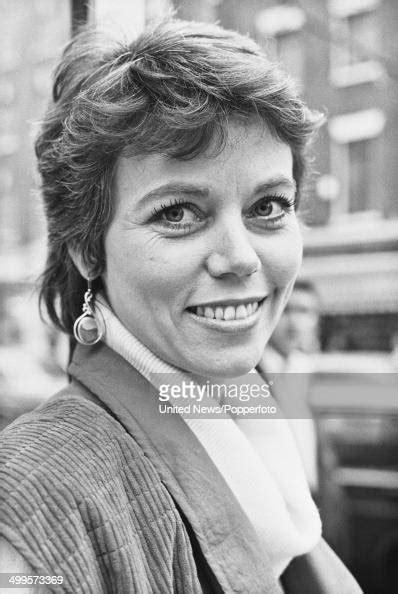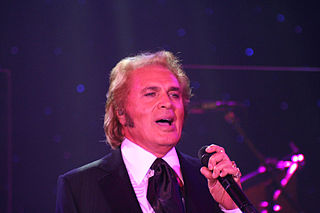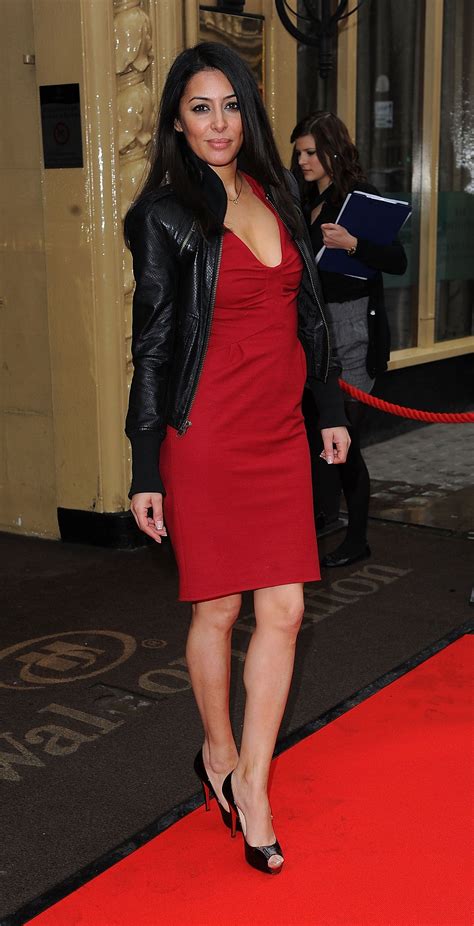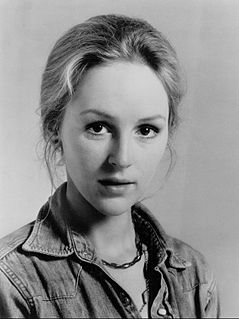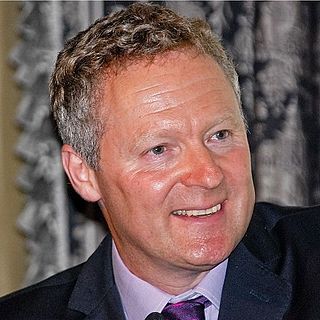A Quote by Courtney A. Kemp
In 2011, when my father passed away - I had my daughter first; I had her on January 24, and I had a seizure during the delivery. I lived through that, and five weeks later, my father died suddenly of a heart attack, and I lived through that. And then my daughter had surgery, and I lived through that.
Related Quotes
The occurrence of an event is not the same thing as knowing what it is that one has lived through. Most people had not lived -- nor could it, for that matter, be said that they had died-- through any of their terrible events. They had simply been stunned by the hammer. They passed their lives thereafter in a kind of limbo of denied and unexamined pain. The great question that faced him this morning was whether or not had had ever, really, been present at his life.
'Master Harold' is about me as a little boy, and my father, who was an alcoholic. There's a thread running down the Fugard line of alcoholism. Thankfully I haven't passed it on to my child, a wonderful daughter who's stone-cold sober. But I had the tendency from my father, just as he had had it from his father.
He read the letter again, but could not take in any more meaning than he had done the first time and was reduced to staring at the handwriting itself. She had made her g's the same way he did : he searched through the letter for every one of them, and each felt like a friendly little wave glimpsed from behind a veil. The letter was an incredible treasure, proof that Lily Potter had lived, really lived, that her warm hand had once moved across this parchment, tracing ink into these letters, these words, words about him, Harry, her son.
When he nodded, the physician disappeared into thin air, and then a moment later, Payne felt a warm palm encompass hers. It was Vishous's un-gloved hand against her own and the connection between them eased her in ways she couldn't name. Verily, she had lost her mother . . . but if she lived through this, she still had family. On this side.
Day and night she had drudged and struggled and thrown her soul into her work, and there was not much of her left over for anything else. Being human, she suffered from this lack and did what she could to make up for it. If she passed the evening bent over a table in the library and later declared that she had spent that time playing cards, it was as though she had managed to do both those things. Through the lies, she lived vicariously. The lies doubled the little of her existence that was left over from work and augmented the little rag end of her personal life.


